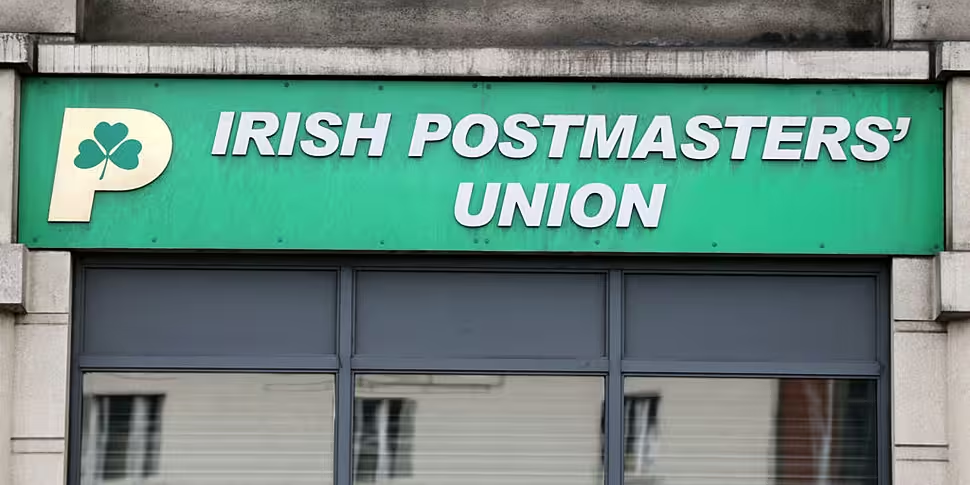Postmasters say that towns across the country are like 'ghost towns' during weeks when social welfare payments such as pensions aren't paid.
It comes after payments were switched to every two weeks instead of weekly earlier this year, due to the impact of the COVID-19 pandemic.
The Irish Postmasters' Union says transactions in post offices are estimated to be down a quarter compared to last year.
They're now calling for people to be given the choice to collect social welfare payments weekly or every two weeks.
While many social welfare payments have returned to a weekly schedule, pensions are among those that are continuing to be paid on a fortnightly basis.
Representatives of the union are meeting with the Social Protection Minister Heather Humphreys tomorrow, and are set to discuss "the range of issues affecting post offices".
Ned O’Hara - General Secretary of the Irish Postmasters’ Union - told The Hard Shoulder that the change to payments was a good health measure, but had a knock-on effect on both post offices and other local businesses.
He said: "Our incomes are down, and that threatens a network that has been under threat for the last number of years.
"The second point we would make... the post office is more than just a service. It's part of the community... we distribute the cash from welfare payments into the local economies.
"What we know on the ground is that the weeks that those payments are not being made, towns are like ghost towns. I'm not talking about small towns: I'm talking about big towns like Tralee.
"We see this on the ground: the economies need help".
Mr O'Hara said postmasters accept that the world is changing when it comes to how payments are handled, but that 1.3 million people still use post offices.
He observed: "What we're trying to do is accommodate the customers we have, and support the communities we have.
"We're not Luddites: we don't want to stop technology. But we have to deal with the issues in 2020."
'Allow the customer make the choice'
Sean Martin is a postmaster in Tramore, and he says some pensioners are finding it difficult to manage and budget their money due to the change in payment frequency.
He said: "We have a lot of people coming in saying their money is spent, and that they're finding it very, very difficult to manage their money.
"A lot of these people are experienced people, mature people. What we're asking Welfare to do is allow the customer to make the choice as to whether they can come in every week.
"There is huge problems in relation to the local economy... I've been talking to local supermarkets, dry-cleaners, chemists... all of them are feeling the effect when we're not paying the pensions the second week."
Mr Martin said visiting the post office remains a vital social outlet for many people.
He observed: "We've no problem with online - but we do have a major problem with people being encouraged and coerced to go online, and coerced to get their money paid into a bank account.
"The weekly visit to the post office... it stops a lot of people being isolated, being stuck out in the countryside. It is important that people have an outlet and social contact."









